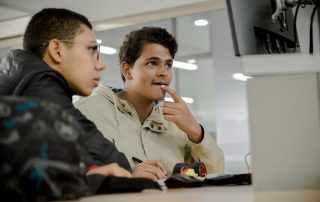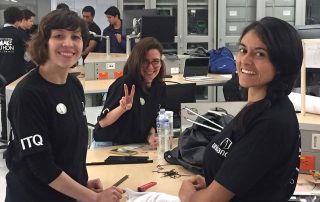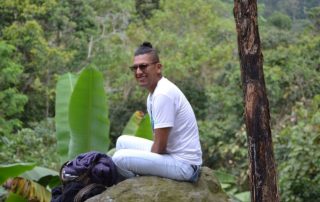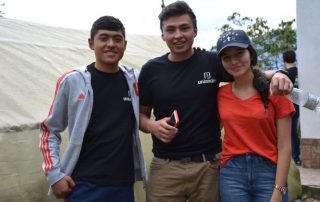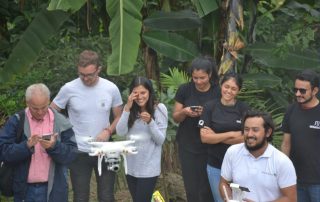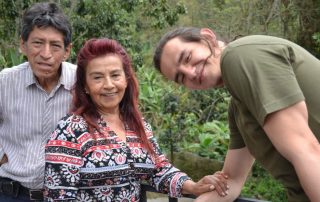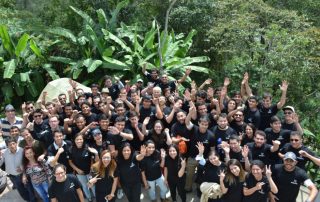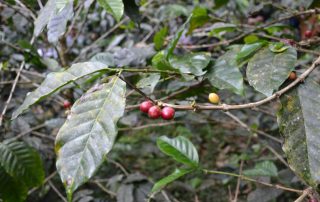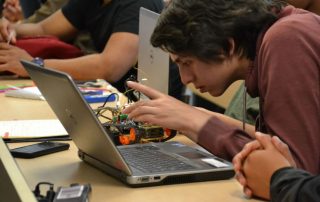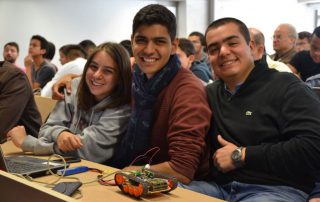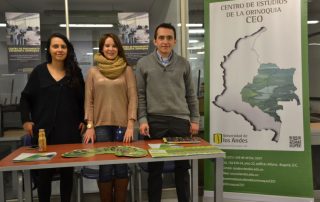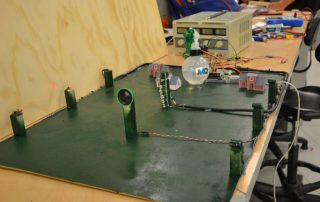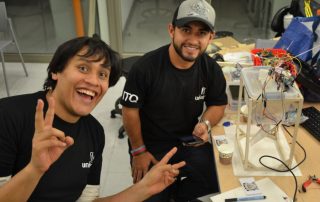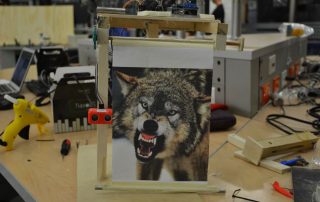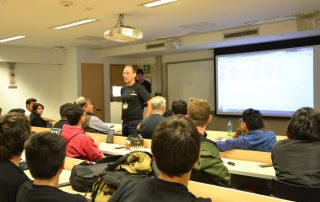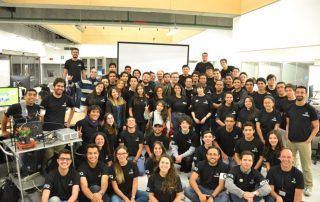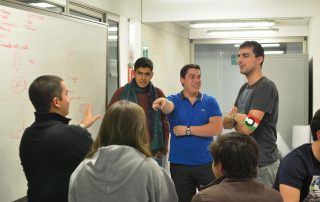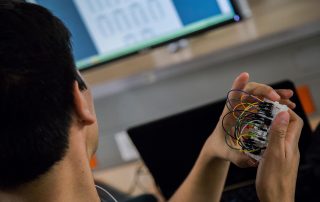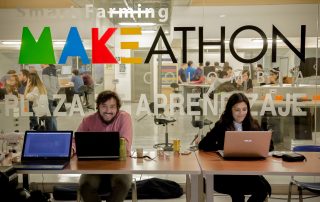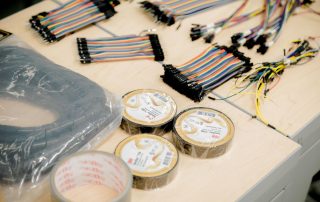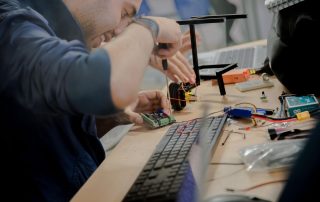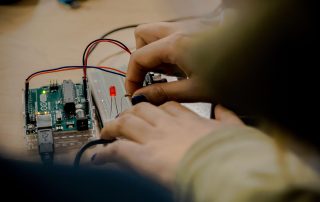60 participants at the 1st Smart Farming Makeathon Colombia
Students from different disciplines assumed the risk of designing a prototype in only three days.
Is it possible to design a prototype that can solve an agricultural problem in three days? What looks impossible was one of the main bets of the 1st Makeathon Colombia, an event organized by the department of Mechanical Engineering of los Andes University and the company Dr. Stetter ITQ. 60 students worked together and assumed the challenge of thinking out of the box to improve farming processes.
A makeathon is an event where young people from various fields of study get together during a couple of days with the common aim of developing prototypes with innovating ideas while they learn and share with students from different parts of the world. In this first version 60 participants from 8 universities in Colombia, France and England attended.
The idea was born last February when five students of los Andes University and the Postdoc of the Mechanical Engineering Department, Giacomo Barbieri, travelled to the Spanish island of Gran Canaria to participate in the Smart Green Island Makeathon. In this opportunity, the Colombian engineers worked with more than 100 students of 13 countries and were the only Latin-American students present at the event. “The other participants were surprised with the talent of the los Andes engineers”, mentioned Barbieri.
With this precedent, the postdoc and the five students began preparations to host a similar event in Colombia, which would motivate students of other universities and disciplines. Furthermore, this event would have Smart Farming as a protagonist. “In Colombia, the technological lag in agriculture has deepened the economic and social gap between the countryside and the cities, and is has endangered or wasted part of our natural resources. Therefore, we must innovate to close this gap, always looking at better ways of protecting our environment and our people”, says Catalina Albornoz, one of the organizers of the event.
To Barbieri, today more than ever engineering is called to involve in the formulation of innovative strategies to improve agriculture. “Today an engineer can contribute not only through machinery technology, but also through Information and Communication Technologies (ICTs). There is an important boom of the so-called precision agriculture and smart farming, where with the use of the ICTs such as big data and machine learning one can for example, reduce water and pesticide consumption and improve production”.
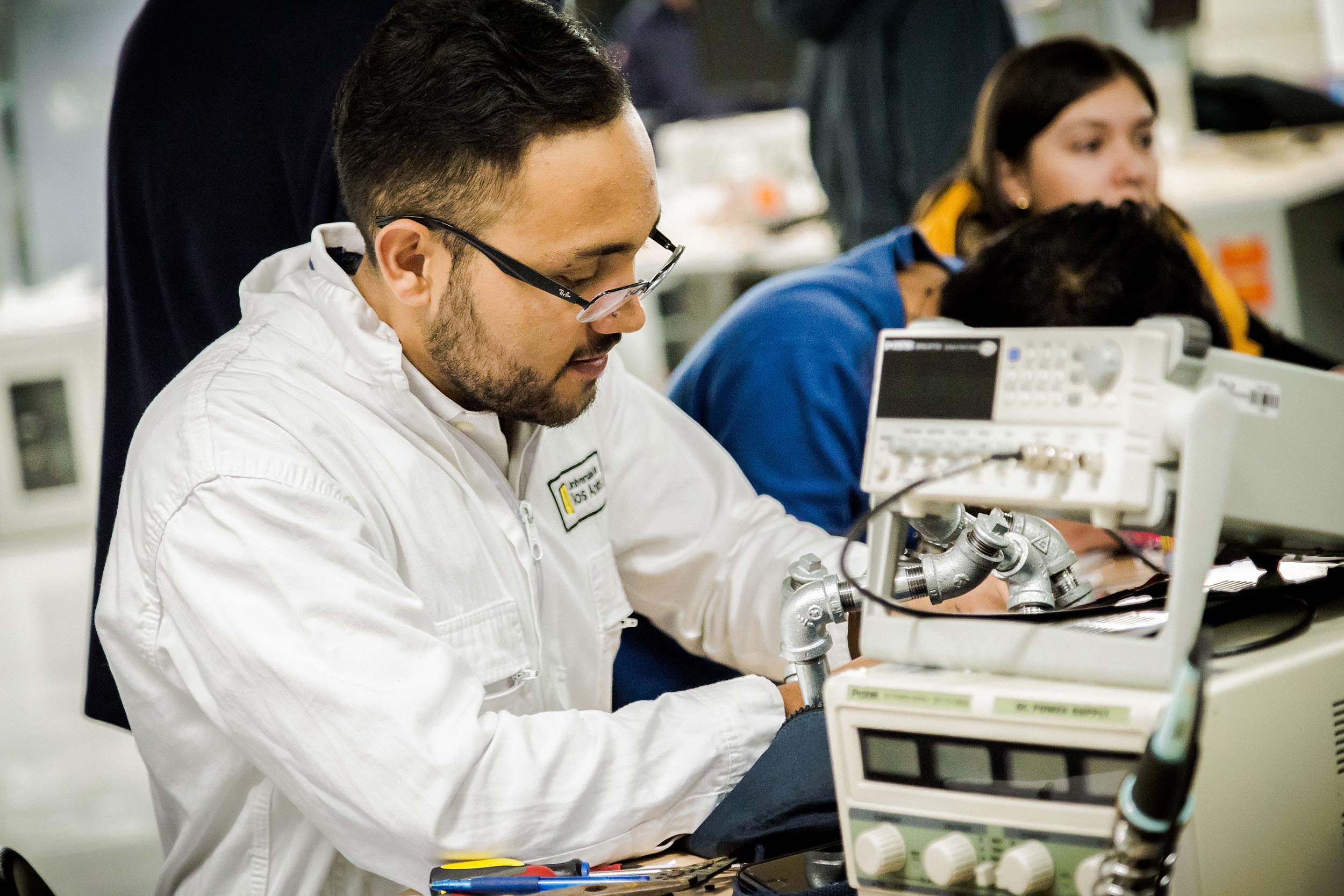
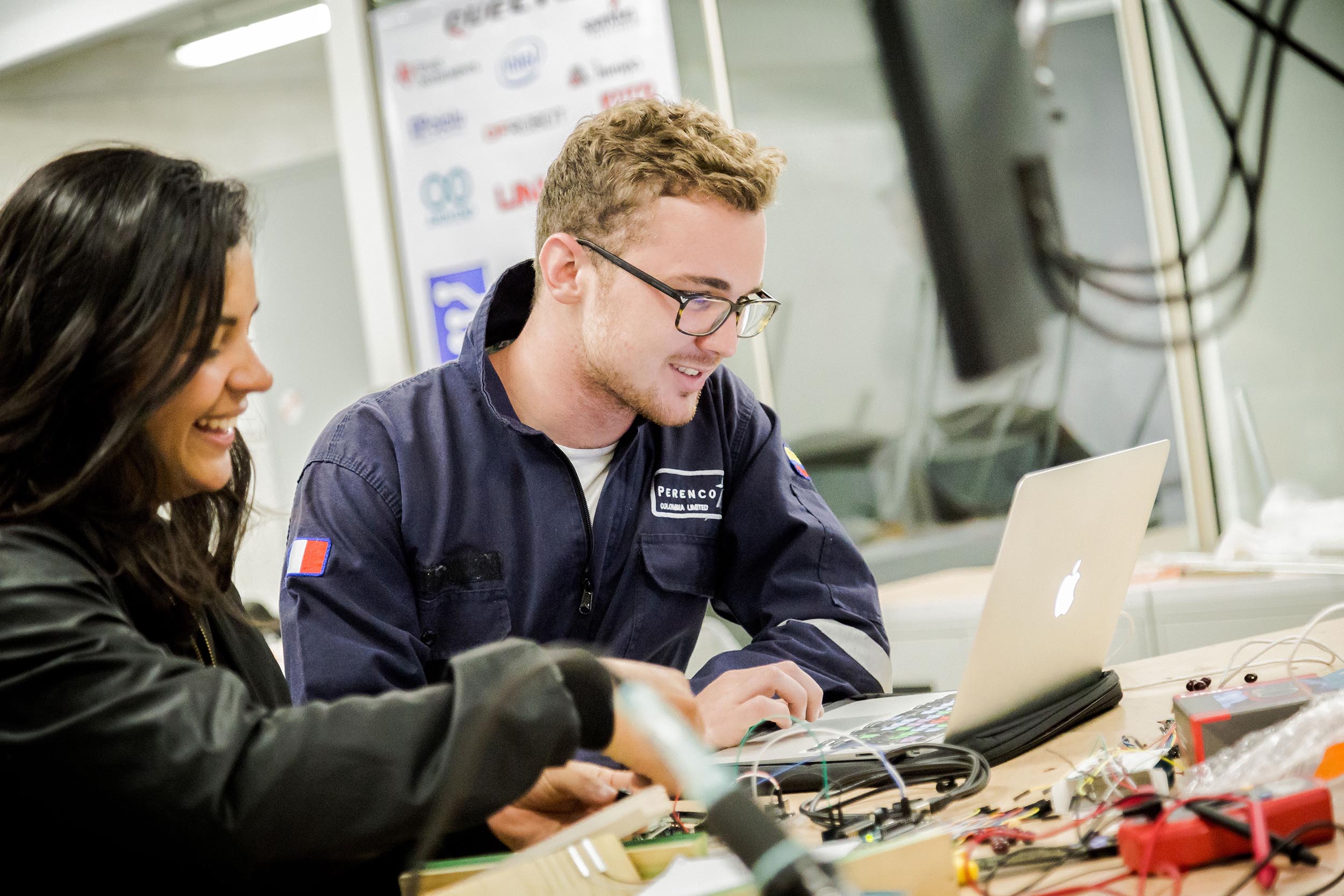
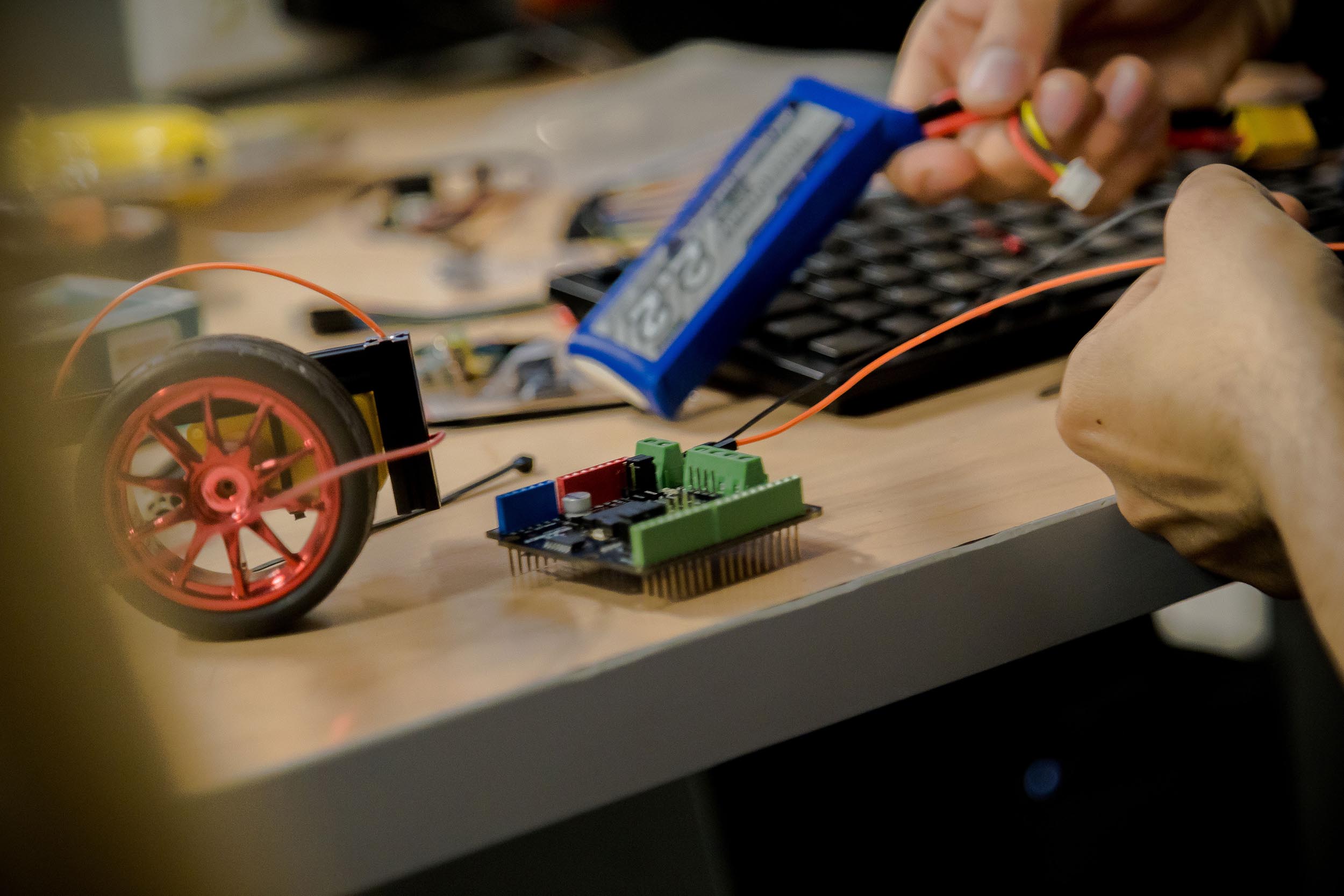
The participants of this first Makeathon Colombia had the chance to attend a guided visit of a farm in Santandercito (Cundinamarca, Colombia) where they could know first-hand the needs faced by the Colombian farmers and there, they participated in a workshop about UAV flying. The days continued with workshops on robotics, computer vision, 3D printing and talks by entities such as the Ministry of Agriculture and Sustainable Development and the Ministry of ICTs.
With this in mind the allies of the event, WWF Colombia and the Centre for Studies of the Orinoquía (CEO), gave the participants the challenges they would have to solve in the following three days, taking into account the time and space limitations they faced. “In this process, it was possible to show that companies are each time more convinced that technology and creative minds can give solutions to real problems”, mentions Barbieri.
To one French participant, Grégoire Hillion, an engineering student at the École des Mines d’Alès “events such as the makeathon force you to become more innovative when you think of a solution and develop projects”. The French student and his team developed a humidity sensor for coffee grains, which can be a tool so that farmers can guarantee the quality of the products they commercialize. Just like this one, there were proposals about intelligent irrigation systems, alert systems, and nutrient delivery for livestock amongst others.
However, for Barbieri, “the most important outcome are the links that are born between the academia, companies and governments to trace the line for future collaboration and the motivation generated by these initiatives in the young people who will have the future of the country in their hands”.
At the end of the event the Mi5 Bogotá student group was opened, which has the objectives: to implement projects with academia and industry, to prepare the students for the digital revolution, and to create a local network of people that work on the Mi5 vision of the future: green, smart and innovative.

